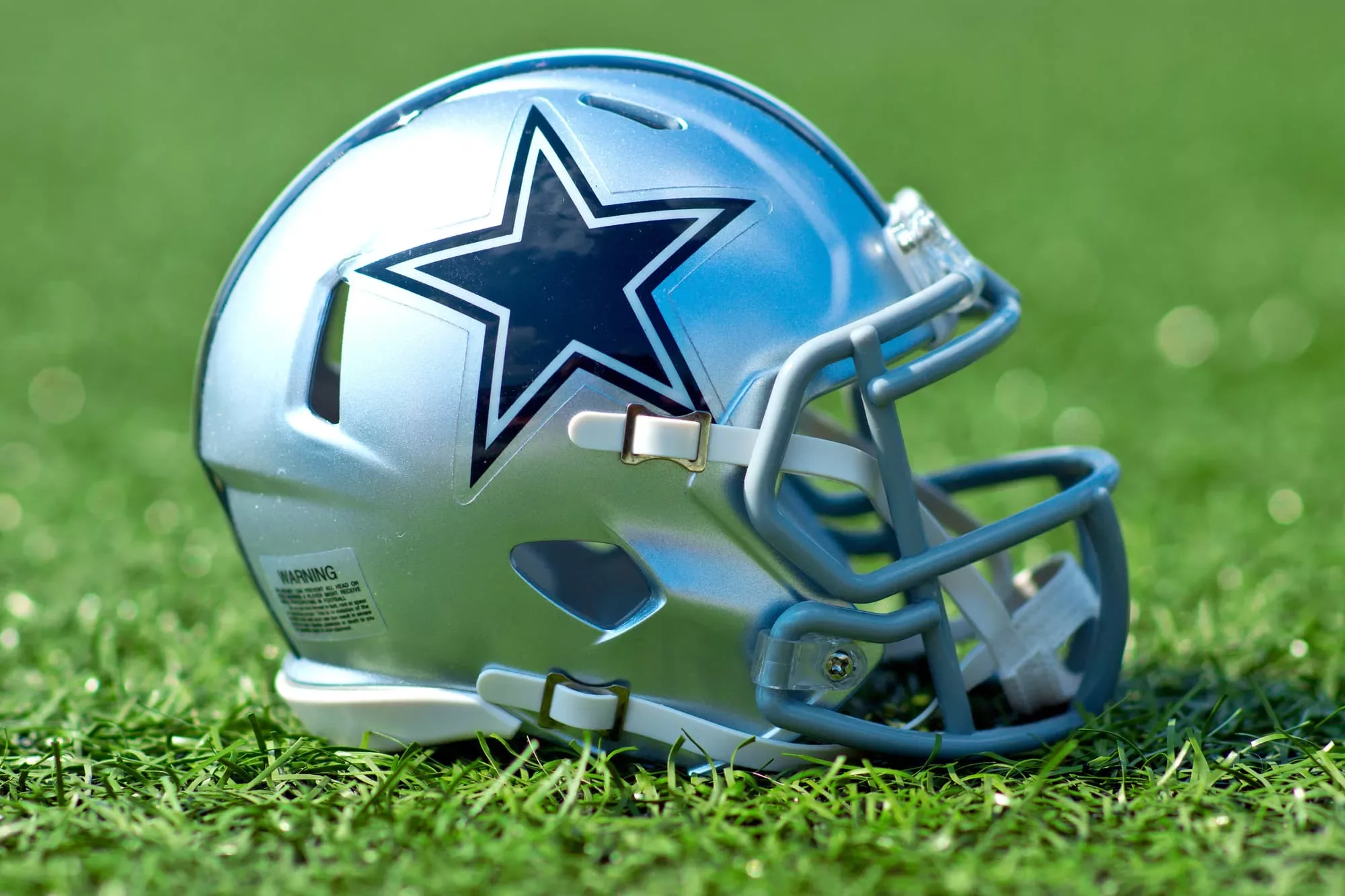Australian football legend and “icon” Ron Barassi has died at the age of 87, his family announced on Saturday, with tributes for the “true Melbourne person” flowing in from around the country.
Barassi was a genuine icon of the V/AFL, having played and coached at a number of clubs across a storied career, and has a statue outside the MCG.
“After a full and extraordinary life, Ronald Dale Barassi, aged 87, left us today due to complications from a fall,” the family said in a statement to The Age.
READ MORE: Aussies smashed as World Cup hopes spoiled
READ MORE: DCE defends players over ‘silly’ leave rule debate
READ MORE: Ugly red card takes shine off All Blacks demo derby
“He died peacefully, surrounded by loving family. We ask for privacy at this time.”
One of the game’s greatest in its long-spanning history, Barassi’s impact is appreciated and celebrated by many generations.
One of the best players and coaches of his time, Barassi won a phenomenal six premierships with Melbourne in their glory years.
He played in their 1955, 1956, 1957, 1959, 1960 and 1964 flags, pioneering the role of a ruck-rover.
After his decorated stint with the Demons, the champion moved to the Carlton Football Club at the end of 1964, in a moved dubbed “the most audacious signing in league history” by Blues historian Tony De Bolfo.
He retired in 1969, going on to take the reins as Carlton coach, leading the Blues to premierships in 1968 and 1970.
The most famous of those two flags came in 1970, when Carlton performed a record-breaking grand final comeback, coming from 44 points down to defeat rivals Collingwood by just five points.
That grand final, which has gone down as one of the greatest in the league’s history, was called the “birth of modern football”, with Barassi’s half time speech urging his players to handball and play on at all costs.
AFL pays tribute to Ron Barassi
After yet another successful stint at Carlton, Barassi arrived at North Melbourne, taking the Kangaroos to their first ever premiership in 1975, followed by another flag in 1977.
Barassi then back to Melbourne to coach between 1981 and 1985, then finishing his career as the coach of the Sydney Swans (1993-1995).
The next year, he was selected in the AFL team of the century in 1996, then later being awarded Legend status of the Australian Football Hall of Fame.
Barassi’s home life was not always easy, with the third generation Italian following in his father, Ron Barassi Snr’s footsteps to forge a VFL career at Melbourne.
Barassi Snr (1913-1941) was killed in action at Tobruk in 1941 after serving in Australia’s campaign in North Africa, leaving five year old Barassi and his mother Elza behind.
The league legend told 9’s 60 Minutes in 2012 that he was sadly suffering from memory loss, but said his father’s influence on his life, although short, was profound.
“I seem to be getting more emotional as I get older. I’m not sure if that’s normal, it doesn’t matter if it is or isn’t, it’s just the way I am at the moment,” Barassi said on 60 Minutes.
“The last memory, really the only memory I have of my father is his visit to mum and I up in the little farm in Guildford near Castlemaine, on his way down back to the boat to go overseas during the wartime.”
The AFL has released a statement on behalf of AFL commission chairman Richard Goyder, championing Barassi’s impact on the game’s growth, with the league originally only based in Victoria.
“When our game was largely based in the south and west of Australia and revolved around the state leagues, Ron Barassi was constantly ahead of his time pushing for national development and a national league,” Goyder said on Saturday.
AFL Hall of Fame icon Ron Barassi dies
“He revolutionised the game as a player – created the position of ruck rover – built premiership success at clubs as a coach and then was our first great evangelist to take the game north and grow it to become what we have today.
“He was known all across Australia when football wasn’t always known.”
The Melbourne Football Club also released a statement on Saturday evening, lauding Barassi’s immense contribution to the game and their club.
“Ron was more than a player and coach. He was an icon of the game, and a true Melbourne person. His legacy will forever be etched in the history of the game,” Demons CEO Gary Pert said.
“Ron was a much-loved character and friend to so many of us around the club which is why he will be so deeply missed.
“The entire football community has lost a giant, but Ron’s spirit and impact will live on through the game that he loved so dearly.”
Prime Minister Anthony Albanese has also sent his condolences to Barassi’s family, labelling him a “fearless player and leader”.
He is one of the most decorated and complete players and coaches the game has ever witnessed, winning two Bluey Truscott Medals (Melbourne best and fairest) in 1961 and 1964.
Barassi was also Demons captain from 1960 to 1964, winning Melbourne’s leading goalkicker award twice prior in 1958 and 1959.
Everything Barassi touched turned to gold, with his impact on the game one that will live on.
It is likely that Barassi’s family will be offered a state funeral to allow as many people as possible to celebrate the icon’s life.





















Discussion about this post